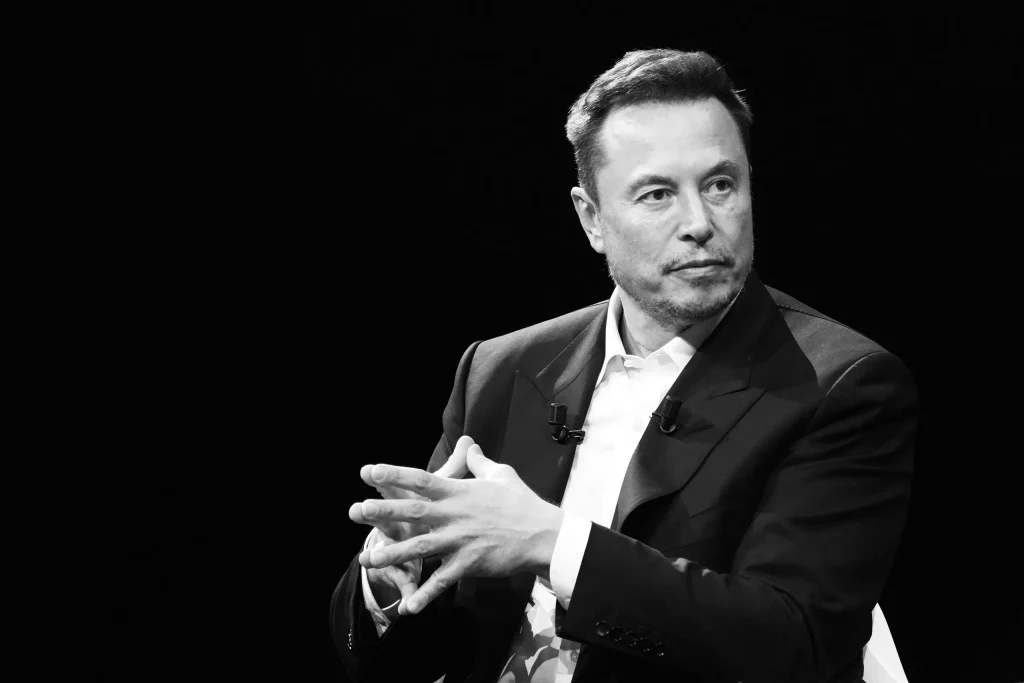Elon Musk recently reignited discussions about global population decline with a retweet of Tesla Owners Silicon Valley’s post on X (formerly Twitter). The post featured a graph projecting population changes from 2018 to 2100 for major nations and included the caption: “Population collapse is humanity’s greatest threat… Elon Musk.” Musk responded with a simple “Yes,” emphasizing his ongoing concern.

Projected Global Trends
By 2100, stark population declines are anticipated:
- India: Expected to shrink by 400 million, leaving just under 1.1 billion people.
- China: A drastic reduction of 731 million, with a population projected at 731.9 million.
- Nigeria: Predicted to grow significantly, reaching 790.1 million, overtaking China as the second-most populous nation.
Musk’s endorsement of these figures highlights his belief that demographic shifts represent a significant threat to humanity.
Key Drivers of Decline
Experts identify several causes behind population decline:
- Falling Fertility Rates: Many nations now fall below the replacement rate of 2.1 children per woman, with England and Wales hitting a record low of 1.44 in 2023.
- Ageing Populations: Longer life expectancies combined with lower birth rates are creating ageing societies, straining economies and social systems.
- Emigration: Migration patterns are also reshaping demographics, with some countries experiencing net population losses.
Global fertility rates have declined from 5.3 children per woman in 1963 to under 2.5 today, leading to labour shortages, economic stagnation, and societal challenges.

Implications for Nations
- China and India: Rapid population declines could accelerate economic downturns, shrink workforces, and reduce global influence.
- United States, Canada, and Australia: Migration policies may help sustain stable populations.
- Nigeria and Sub-Saharan Africa: Expected population growth could shift global power dynamics and influence.
Elon Musk’s Vision
For years, Musk has warned of the dangers of population collapse, citing its potential to harm technological progress, economic stability, and societal development. He has called for policies promoting higher birth rates, particularly in ageing societies like Japan and Europe.
Musk’s perspective ties into his broader vision for humanity’s future, advocating for sustainable innovation and space exploration to address global challenges. Addressing population decline, he argues, is essential for ensuring a resilient and prosperous world.
